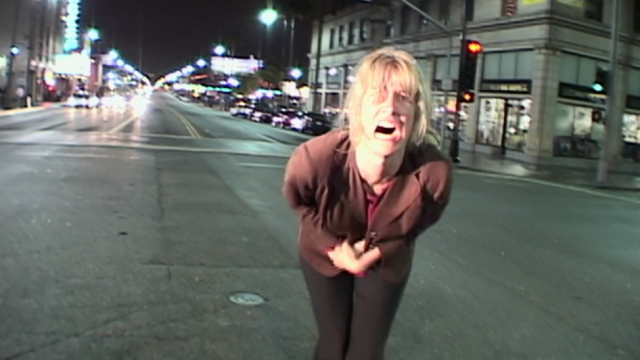We’ve all had films that we have changed our opinion on over time. Some of them, we initially hated, but eventually we loved. Some of them we loved, but then came to not like for whatever reasons. But, movies change with a person over time. What were the movies that have changed for you?
Julius Kassendorf
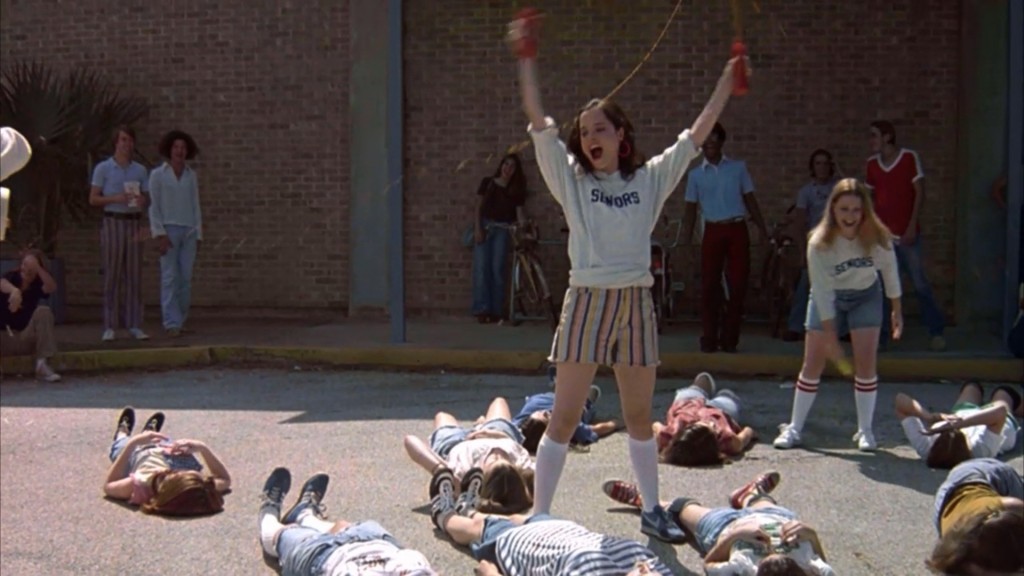 I had two that have done major 180s in my opinion. The first was Dazed and Confused, which I absolutely hated the first time I saw it. It was mean, it was abusive, I didn’t know who I was supposed to like, not like, nor whether any of the characters were worth spending time with. They were just talking, and it wasn’t even all that funny or clever or interesting. It felt so banal and grotesque and celebratory of a culture I despised that I just couldn’t deal with it. It wasn’t a stoner movie where everybody is just goofy and silly and happy-go-lucky. But, the second time, I got it. I rolled with it, I laughed, I felt the pain and misery and irony of the movie. The banality was purposeful, and the second viewing felt like watching the movie for the first time.
I had two that have done major 180s in my opinion. The first was Dazed and Confused, which I absolutely hated the first time I saw it. It was mean, it was abusive, I didn’t know who I was supposed to like, not like, nor whether any of the characters were worth spending time with. They were just talking, and it wasn’t even all that funny or clever or interesting. It felt so banal and grotesque and celebratory of a culture I despised that I just couldn’t deal with it. It wasn’t a stoner movie where everybody is just goofy and silly and happy-go-lucky. But, the second time, I got it. I rolled with it, I laughed, I felt the pain and misery and irony of the movie. The banality was purposeful, and the second viewing felt like watching the movie for the first time.
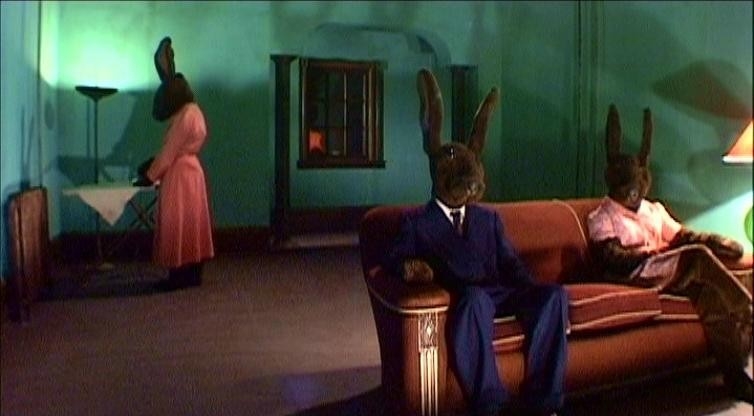 The second movie I want to mention is one that is still changing in my head: David Lynch’s Inland Empire. For a movie I really didn’t get the first two times I saw it, I’ve seen it more times than I probably should. I saw it twice in theaters, and didn’t get it. I really didn’t get it. It felt like Lynch fucking with the audience for no reason. Yet, it clawed at me. It clawed at me more than any other movie which I didn’t like. I had to rent it again and again. And, finally, the whole movie started coming into focus. The plot actually made sense. The feelings behind Inland Empire makes sense, the movement just works. I think I get it. I’m still not sure I like it, but it’s still clawing at me. It’s been a few years since I last watched it, and I think I’m due for another viewing. But, I really think I’m obsessed with this movie that I may grow to love.
The second movie I want to mention is one that is still changing in my head: David Lynch’s Inland Empire. For a movie I really didn’t get the first two times I saw it, I’ve seen it more times than I probably should. I saw it twice in theaters, and didn’t get it. I really didn’t get it. It felt like Lynch fucking with the audience for no reason. Yet, it clawed at me. It clawed at me more than any other movie which I didn’t like. I had to rent it again and again. And, finally, the whole movie started coming into focus. The plot actually made sense. The feelings behind Inland Empire makes sense, the movement just works. I think I get it. I’m still not sure I like it, but it’s still clawing at me. It’s been a few years since I last watched it, and I think I’m due for another viewing. But, I really think I’m obsessed with this movie that I may grow to love.
Anthony Pizzo
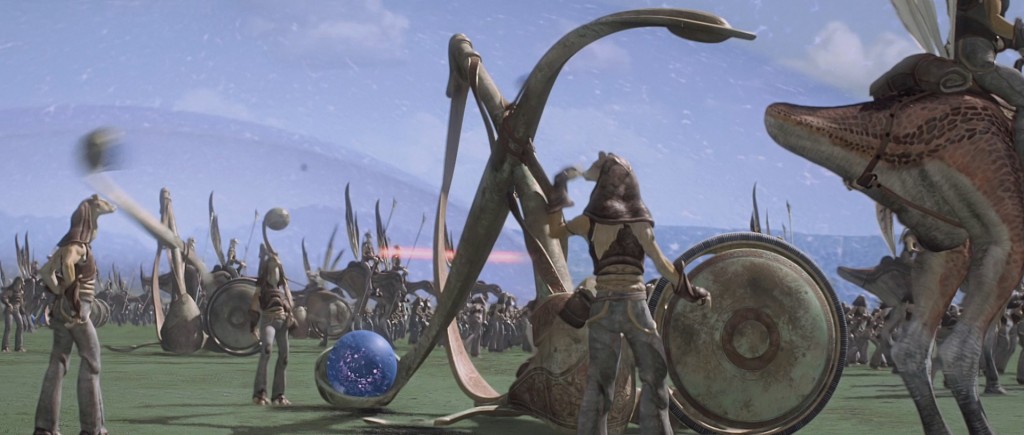 *sigh* Okay, so this might be a bit of a cheat since I saw this movie when I was twelve, and kids have notoriously questionable taste, but then again I saw what is still one of my favorite movies of all time when I was four (Beauty and the Beast), so I guess everything is fair game. With that in mind: Star Wars: Episode I – The Phantom Menace. I absolutely adored this movie, and I probably saw it eight times in theaters. I had the goddam toys. I probably don’t need to explain exactly why I turned on the movie eventually, because that should be obvious. I think it’s worth mentioning because I believe it’s important to remember that no matter where you are as a cinephile now, you likely started out loving absolute garbage.
*sigh* Okay, so this might be a bit of a cheat since I saw this movie when I was twelve, and kids have notoriously questionable taste, but then again I saw what is still one of my favorite movies of all time when I was four (Beauty and the Beast), so I guess everything is fair game. With that in mind: Star Wars: Episode I – The Phantom Menace. I absolutely adored this movie, and I probably saw it eight times in theaters. I had the goddam toys. I probably don’t need to explain exactly why I turned on the movie eventually, because that should be obvious. I think it’s worth mentioning because I believe it’s important to remember that no matter where you are as a cinephile now, you likely started out loving absolute garbage.
Kevin Koeser
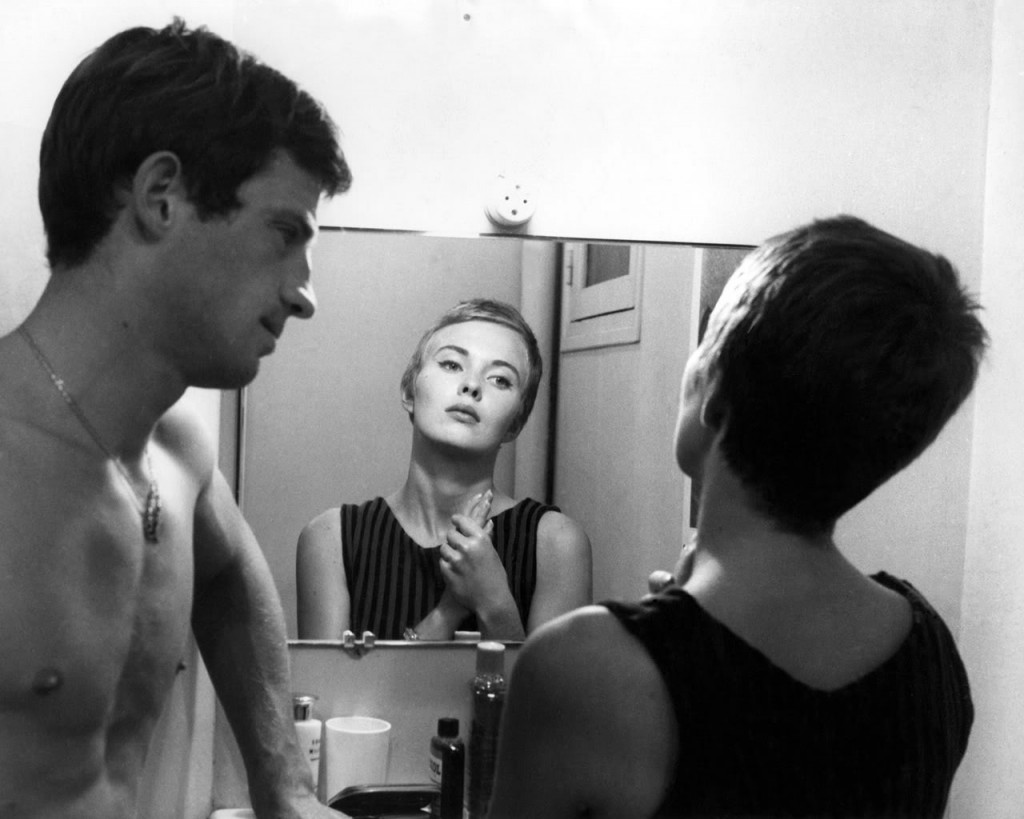 This may come as a shock, but I was not a fan of Godard’s Breathless when I first saw it for a class. The lack of a strong narrative, one with several diversions and an ultimately predictable end, through me off as I was getting used to the idea of art cinema. A couple years later I was forced to watch it again for a different class though, and now with a more trained eye, was able to see what the point of the film was. Not the artistry in writing, but in direction, a film where what the camera is doing is much more interesting than what’s in front of it. Knowing what to look for in his work made finding it much easier. And considering I just came back from watching and loving Boyhood for the first time, clearly my need for a central, linear, present narrative isn’t as strict as it used to be.
This may come as a shock, but I was not a fan of Godard’s Breathless when I first saw it for a class. The lack of a strong narrative, one with several diversions and an ultimately predictable end, through me off as I was getting used to the idea of art cinema. A couple years later I was forced to watch it again for a different class though, and now with a more trained eye, was able to see what the point of the film was. Not the artistry in writing, but in direction, a film where what the camera is doing is much more interesting than what’s in front of it. Knowing what to look for in his work made finding it much easier. And considering I just came back from watching and loving Boyhood for the first time, clearly my need for a central, linear, present narrative isn’t as strict as it used to be.
Guy Vollen
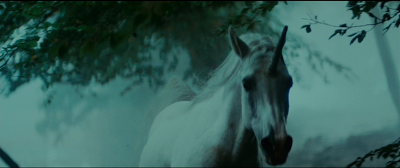 There is no question that Blade Runner is cool: its combination of stylish noir and futuristic technology; its sad, glamorous replicants; and its attempt to grapple with Big Ideas are intoxicating. In addition, its approach to production design continues to influence filmmakers, and not just in the world of science fiction. It is truly one of the iconic films of the 1980s.
There is no question that Blade Runner is cool: its combination of stylish noir and futuristic technology; its sad, glamorous replicants; and its attempt to grapple with Big Ideas are intoxicating. In addition, its approach to production design continues to influence filmmakers, and not just in the world of science fiction. It is truly one of the iconic films of the 1980s.
But I have a hard time enjoying it now, for two reasons: after having seen the movie numerous times, I read the book on which it’s ostensibly based, Philip K. Dick’s Do Androids Dream of Electric Sheep?, and I couldn’t help imagining what a more faithful adaptation might be like. Director Ridley Scott could have incorporated most of what’s great about the movie Blade Runner and still fleshed out such episodes from the book as Deckard’s visit to a police station populated by replicants, all convinced that they’re the real humans.
But film and books are different media, so obviously changes had to be made. I get that. Leaving the differences aside, Scott’s multiple cuts, and especially his pronouncement that Deckard is definitely a replicant, leave a bad taste in my mouth. I put it in the same category as George Lucas’ “Special Edition” meddling or J. K. Rowling’s inability to let go of her Harry Potter characters, but at least Lucas and Rowling have the excuse that they created the stories they keep amending. I realize these complaints make me sound like a fuddy-duddy, but I can’t help it.
Andrew Card
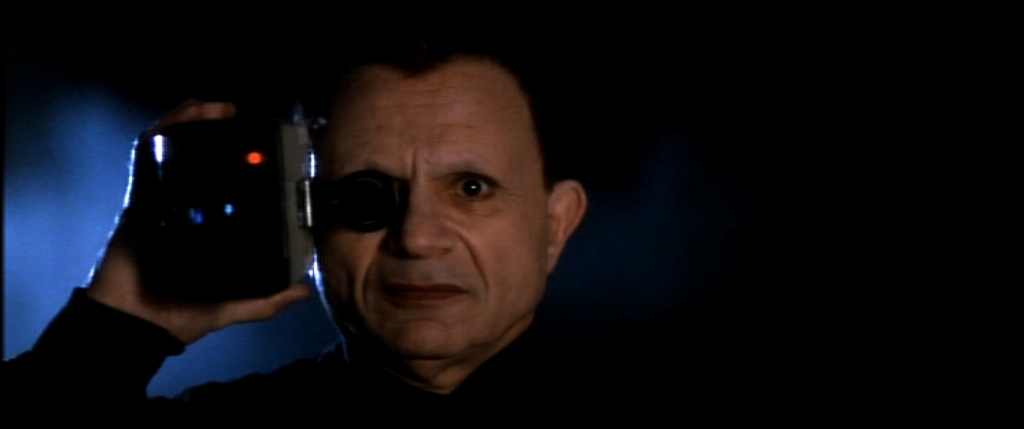 I, like Julius, have always found my feelings and thoughts about Inland Empire in a flux ever since I bought it on DVD way back in the day, and I must have watched it well over ten times trying to tease out its secrets. But the David Lynch film I initially felt cold on, at least with regards to its ending, was Lost Highway. At the time I first watched it, I just didn’t understand the reappearance of the Mystery Man into Pete’s (Balthazar Getty) story, nor Fred’s (Bill Pullman) re-emergence into the film. The ending lost me, and not even its recursive loop of an ending could bring me back entirely. It’s only been in recent years, after learning about Lynch and his thoughts about O.J. Simpson, whose career was well on the downturn at the genesis of this film, that I understood it all. It is now one of my favorite films ever, and one of Lynch’s best works.
I, like Julius, have always found my feelings and thoughts about Inland Empire in a flux ever since I bought it on DVD way back in the day, and I must have watched it well over ten times trying to tease out its secrets. But the David Lynch film I initially felt cold on, at least with regards to its ending, was Lost Highway. At the time I first watched it, I just didn’t understand the reappearance of the Mystery Man into Pete’s (Balthazar Getty) story, nor Fred’s (Bill Pullman) re-emergence into the film. The ending lost me, and not even its recursive loop of an ending could bring me back entirely. It’s only been in recent years, after learning about Lynch and his thoughts about O.J. Simpson, whose career was well on the downturn at the genesis of this film, that I understood it all. It is now one of my favorite films ever, and one of Lynch’s best works.
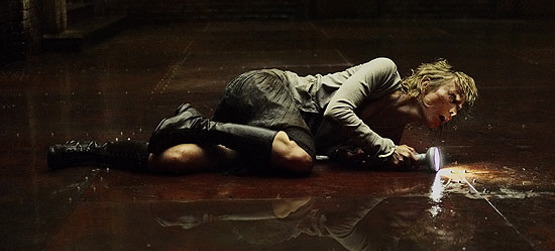 As for the inverse, well, we all have our puerile embarrassments. Inevitably, each of us feels pressured to concede the greatness of a given thing, of any sort, because so many other people like it, so it has to be good, our own feelings be damned. In my case, the thing was Christophe Gans’ Silent Hill, and rather than critical lauding (the film received rather terrible reviews), it was the response of fans to the film that I felt pressured by. I was a bit entrenched in these sorts of communities despite being a lurker in general, but everyone was so thankful for a film that was a genuine product of love by its creators, and which looked so great in production design and special effects, that I think many were, and still are, willing to to overlook its abysmal script and all the problems that result from it. It took me a good while to realize that the film was just bad, truly terrible, no matter how gorgeous it was or how much its creators love the video game franchise (which I’m quite confident they do). Thankfully, swallowing this bitter pill has made me more liable to admit dislike or disinterest in what others think highly of – if you don’t feel it, you don’t feel it, and there’s no point in lying to yourself.
As for the inverse, well, we all have our puerile embarrassments. Inevitably, each of us feels pressured to concede the greatness of a given thing, of any sort, because so many other people like it, so it has to be good, our own feelings be damned. In my case, the thing was Christophe Gans’ Silent Hill, and rather than critical lauding (the film received rather terrible reviews), it was the response of fans to the film that I felt pressured by. I was a bit entrenched in these sorts of communities despite being a lurker in general, but everyone was so thankful for a film that was a genuine product of love by its creators, and which looked so great in production design and special effects, that I think many were, and still are, willing to to overlook its abysmal script and all the problems that result from it. It took me a good while to realize that the film was just bad, truly terrible, no matter how gorgeous it was or how much its creators love the video game franchise (which I’m quite confident they do). Thankfully, swallowing this bitter pill has made me more liable to admit dislike or disinterest in what others think highly of – if you don’t feel it, you don’t feel it, and there’s no point in lying to yourself.

